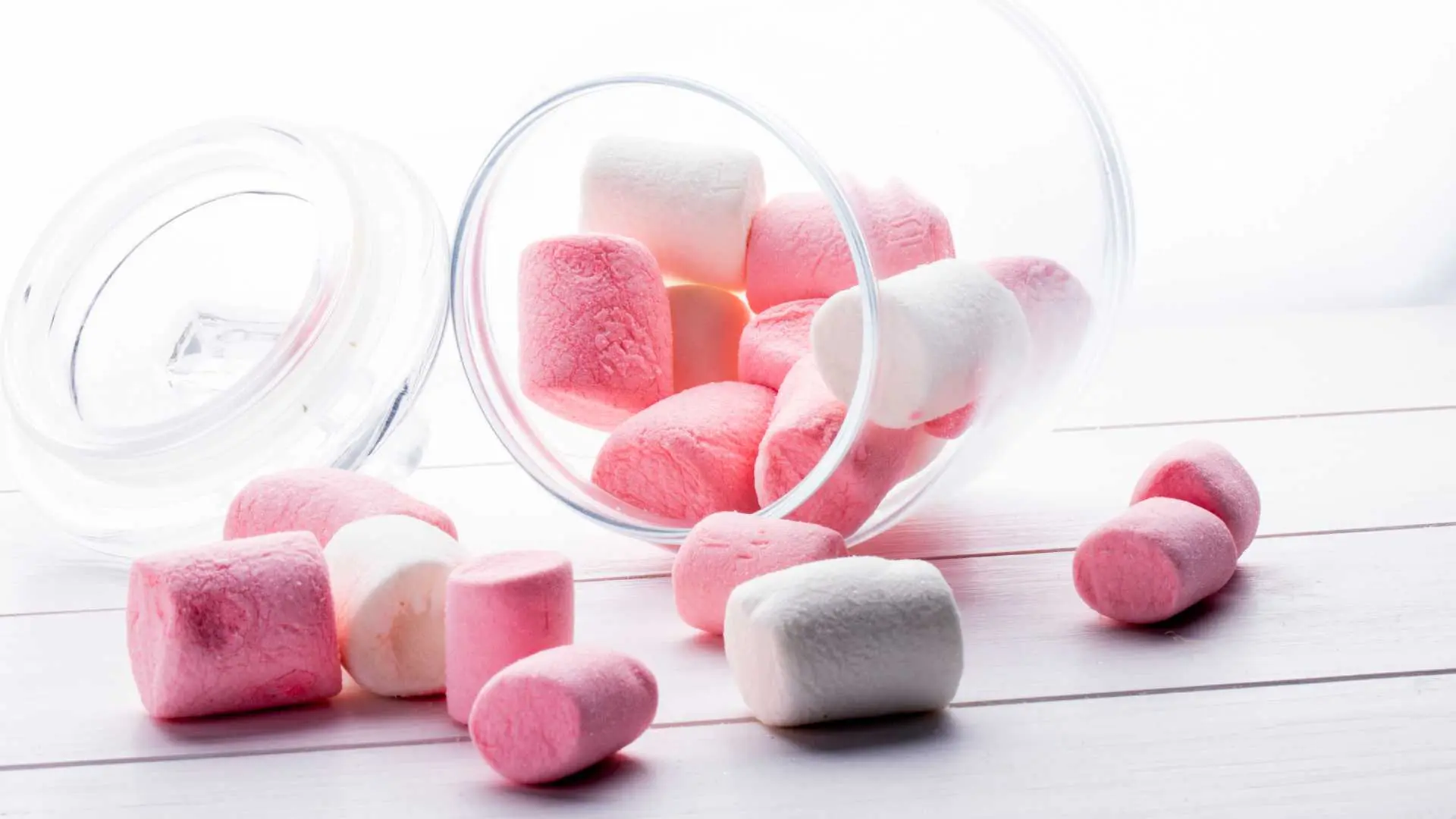
Approximately 45% of what we do each day is habit. All habits were once conscious decisions we made which we continued with until it became an automatic behaviour.
Habits are strongly influenced by all of our previous life experiences, plus, people generally prefer an immediate reward over more significant, delayed ones. This is known as delayed discounting and was the subject of a cute experiment with children which you’ve probably seen on tv. Children were told they could either have a marshmallow now, or if they waited 15 minutes then they could have 2. Many found that 1 marshmallow too irresistible and were not able to adjust their behaviour in order to wait 15 minutes and alter their outcome.
But changing habits also requires a certain amount of willpower. Willpower is like a muscle in that it can fatigue with use. Our willpower is stronger in the morning and once we have used it 3-4 times in a day, it generally starts to decline. How many times have you woken in the morning with the intention of eating well and exercising but then found yourself on the couch that evening with a glass of wine saying, I’ll start tomorrow? This is why it is easier to change a morning habit than one later in the day.
There are 3 components to every habit: a cue, the behavior itself and the reward. One key to establishing good habits is to manipulate the cue. For example, if your plan is to go for a run after work on Monday nights, then before you leave the house that morning, lay out your running gear and bottle of water where you will see it as soon as you walk in the door. Then you don’t have to think too much. Just change into the gear, pick up the bottle and off you go. Remove as many distractions, road blocks and reasons to make excuses as possible.
If the reward of feeling good after the run isn’t enough to sustain the new behaviour until it becomes a habit, maybe use the reward of a small piece of chocolate straight after the run as incentive to establish the behavior.
It has been found that one of the most effective behavioural change techniques is the use of goal-setting and self-monitoring. Be accountable to yourself and track or chart your results. Couple that with some short term dedicated willpower and you are in the best position for creating a new habit. See attached my Exercise Diary which you can use or adapt to track your progress in the behaviour you want to change or implement.
When it comes to eliminating bad habits, substitute that bad behavior with a better behaviour. For example, if sitting down in front of the tv on a week night is your cue to pour yourself a glass of wine, try substituting the glass of wine for a herbal tea or some other healthy drink. The cue of sitting on the couch at night will eventually no longer be associated with wine. Whats more, I can assure you that when you do allow yourself that glass of wine on the Saturday night, you will enjoy it so much more!

